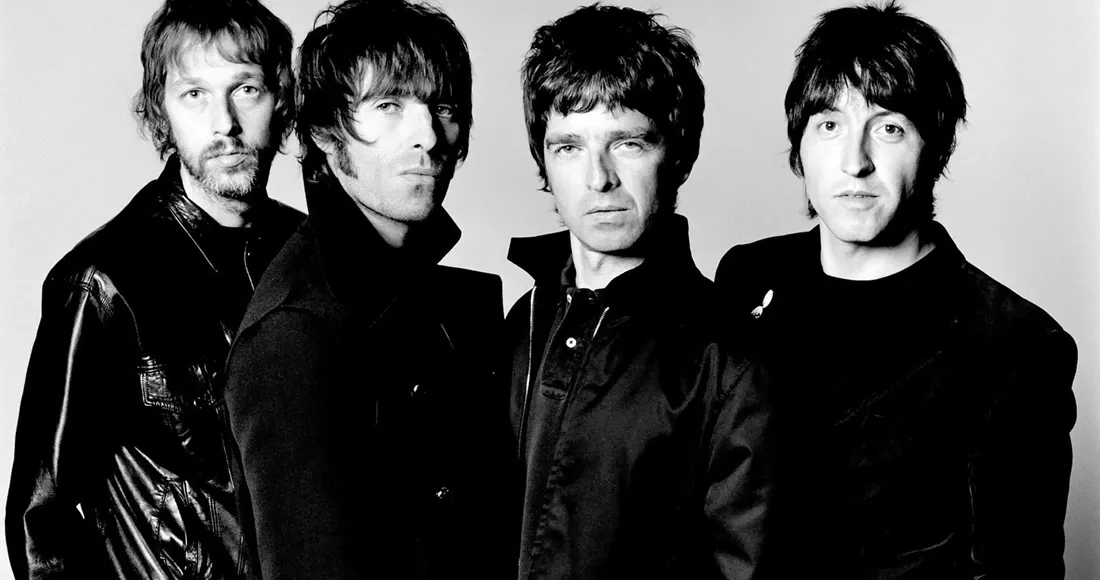Kristen Fescoe
Guest Author
May 26, 2020
Choosing a career path in psychology can be daunting. I had the chance to speak with a practicing psychologist about her journey, which shows that where you start doesn’t always determine where you end up.
Discovering Psychology
I wasn’t one of those kids who had a clear idea of my future career from a young age. In fact, I didn’t seriously think about it until late in high school. It was only after taking a behavioral science course during my junior year that the idea of a career in psychology started to take shape. Many who enter psychology are motivated by a desire to help others, and I’m no exception. However, my main attraction was a fascination with how our brains and bodies are interconnected.
I vividly remember my teacher explaining how, despite our brains' incredible complexity, we only use a tiny fraction of their potential. This idea captivated me and led me to apply to various psychology programs. I ended up at Rutgers University, eager to dive into this intriguing field.
What I Learned (and Didn’t Learn) in College
Even though it became clear that psychology was my field, I was unsure what specific work I wanted to do. Rutgers exposed me to a wide range of psychological topics through coursework, clinical labs, and mentor guidance. Yet, I still felt uncertain. I even took a semester off to explore other options at a community college before returning to Rutgers. It wasn’t until graduate school that I found my niche.
Finding My Path in Psychology
Forensic psychology first caught my interest during my undergraduate years. A professor, Dr. William Tucker, invited me to work on a project in this field. While TV shows might glamorize forensic psychology with crime scenes and profiling, I found it to be much more nuanced. The field intrigued me because it combined psychology with the legal system, allowing me to explore human motivation and behavior in new ways.
The Education Dilemma: Master’s vs. Doctorate
It became clear that a bachelor’s degree alone wouldn’t suffice for a career as a psychologist or therapist. I had to decide whether to pursue a master’s or a doctorate. Each path had its own set of challenges and benefits. Ultimately, I chose to pursue a master’s in clinical psychology with a focus on forensics, accepting that this would potentially limit my salary compared to a doctoral degree.
The Rigors of Graduate Training
I was accepted into Drexel University’s Clinical Psychology Program, where I specialized in forensics. The program was intense, with rigorous coursework, a thesis project, and a 20-hour weekly internship. It was overwhelming at times, but the support from my cohort helped immensely.
Securing the Right Certifications
Alongside educational requirements and internships, I had to earn specific certifications, like Prolonged Exposure therapy. I also prepared for the Examination for Professional Practice of Psychology (EPPP), which is essential for licensing in the U.S. and Canada. Thankfully, my cohort and I all passed the exam.
Starting My Career in Psychology
I began my career as an inmate counselor in Philadelphia, working with PTSD patients. This role was exciting and aligned with my career goals, but unexpected changes soon followed. Within a year of graduating, I was offered a position as a psychology professor at a local college, which was a delightful surprise.
Unexpected Career Shifts
My career continued to evolve in ways I hadn’t anticipated. I started working on projects in Industrial/Organizational (I/O) Psychology, applying my skills in new and challenging ways. This led to a full-time role as Clinical Manager for a healthcare startup, Resility Health, where I now help teens and families manage stress.
Lessons Learned
My journey through academia and into my career has taught me that the path to finding the right job can be full of twists and turns. Psychology offers a diverse range of opportunities, and the key is to stay open to different paths. Whether you’re drawn to forensic psychology, clinical practice, or another specialty, you’ll find a niche that suits your skills and passions.
For more on my journey and insights into finding the right career path in psychology, check out my full story.



